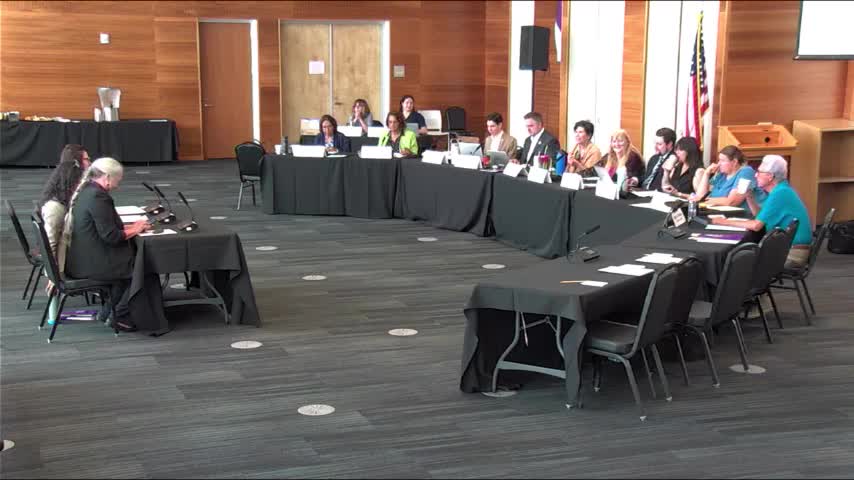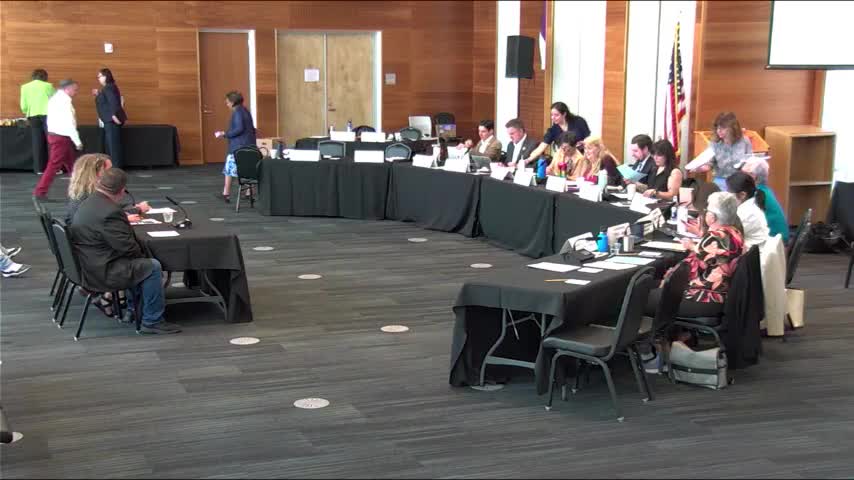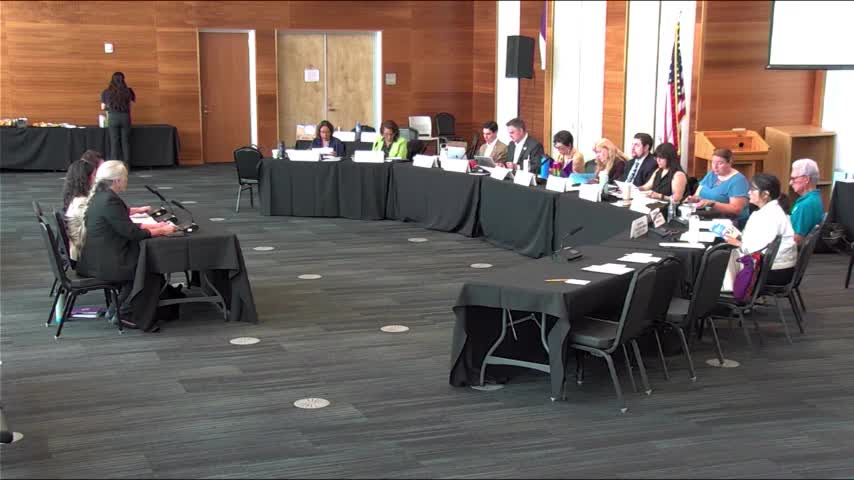Article not found
This article is no longer available. But don't worry—we've gathered other articles that discuss the same topic.

New Mexico Highlands officials describe social work training, Native-focused institute and statewide workforce supports

Presenters tell committee school-based health centers, 'Semillas de Salud' and hub-and-spoke model expanded access and created training slots

